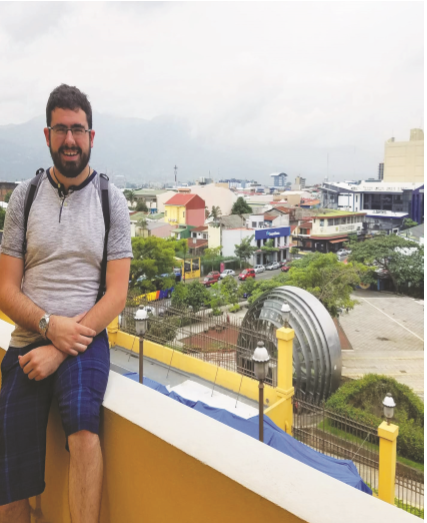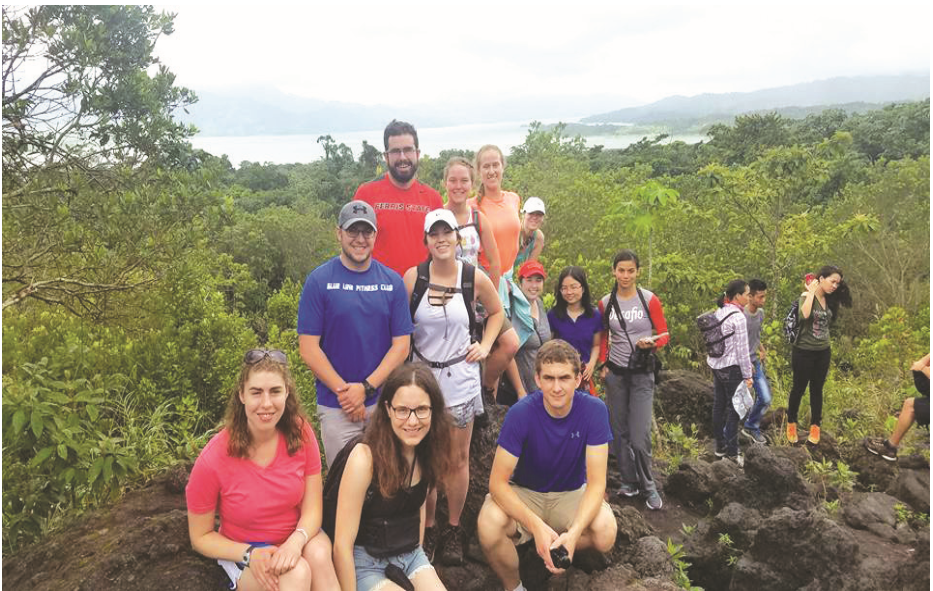
A multitude of unique experiences are offered through Ferris’ many study abroad programs, especially ones in countries where little English is spoken. There are 16 programs at Ferris that send students all across the world from Germany to China to Costa Rica. Students can take from three to six credits toward their minor or major while overseas, according to Spanish associate professor Ana Davila-Howard, who has been involved in the Costa Rica program for the last six years. According to Ferris psychology and Spanish senior Nick Capell, who has participated in the Costa Rica program, studying in another country helped improve his Spanish speaking skills. “It was kind of challenging to only really be able to use Spanish to communicate. Very few people in the town we lived in spoke English,” Capell said. “The trip gave me the opportunity to learn more about the Spanish culture by being constantly immersed in it. I got to work on my language skills and learn more about Costa Rica.” The study abroad program gave Capell opportunities to see several regions in Costa Rica that he otherwise wouldn’t have had. “My favorite part had to be being able to see so much of the country. We went to five of the seven provinces and each region is different from the others. I doubt I would have been
able to do everything we did if I went there on my own,” Capell said. The Costa Rica program was one month long and Capell took two classes while there— Contemporary Culture and Society of Hispanic America and Hispanic Cinema. Life in Costa Rica was similar schedule-wise, besides waking up earlier than usual and the humidity and constant rain, according to Capell. Davila-Howard said the study abroad programs are valuable to students, since faculty who are knowledgeable about the country are there to guide the students. “After a program like this, students become more assertive of their language abilities and they feel more confident to express themselves in the target language,” Davila-Howard said. “Getting to learn about a new culture firsthand is a priceless experience. There is no better way to learn about a new country than to have the opportunity to live in it.” Capell said studying abroad is important to students’ education, as it exposes them to other cultures. “You don’t

need to be able to speak another language perfectly to go to a foreign country. Often times, as long as you can communicate the basic idea and you understand enough of the language to be able to translate and use context to understand someone else, you will be fine,” Capell said. “Going to and studying in these other countries helps you gain new perspectives that, in turn, help you better understand the world you live in.”
